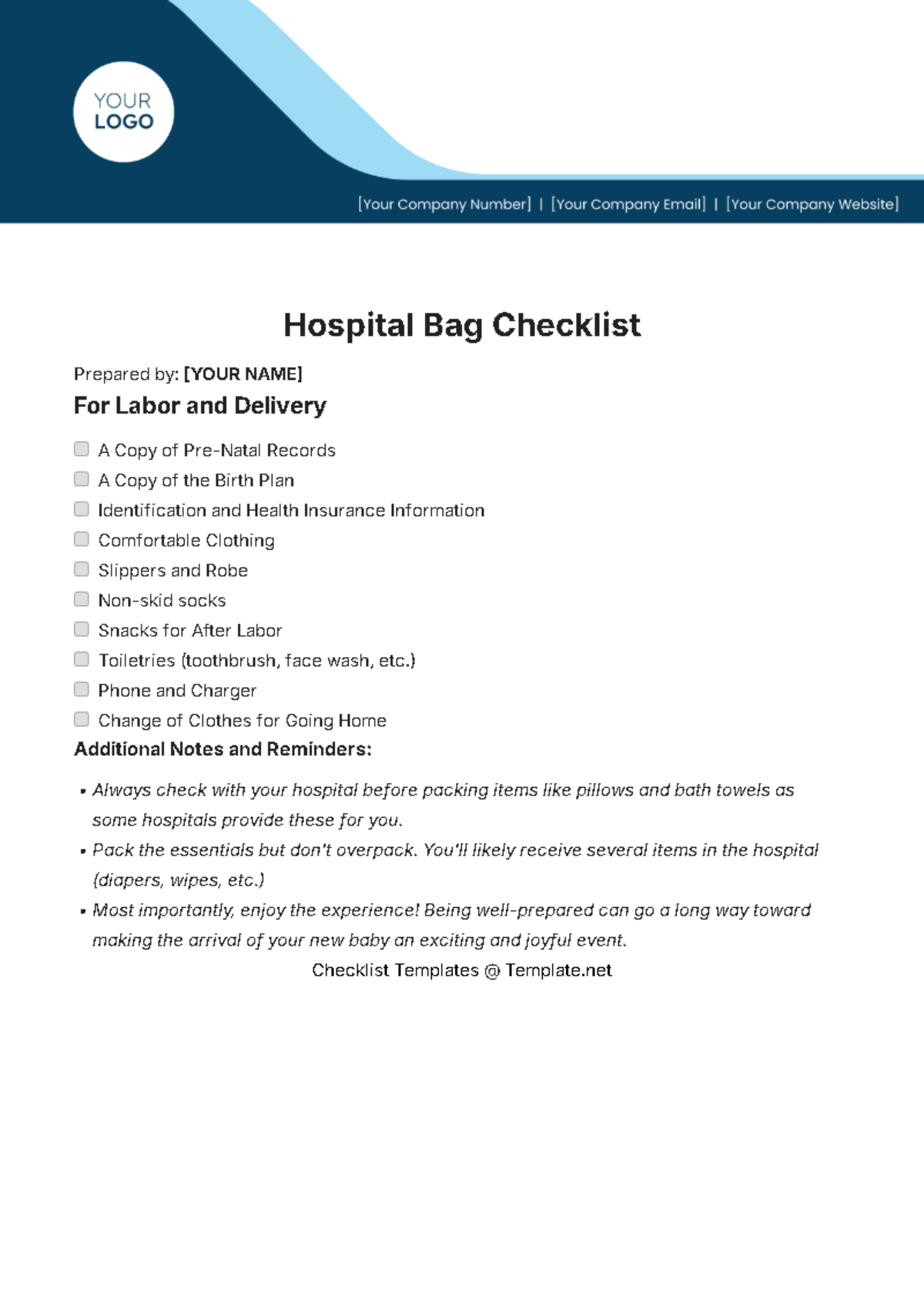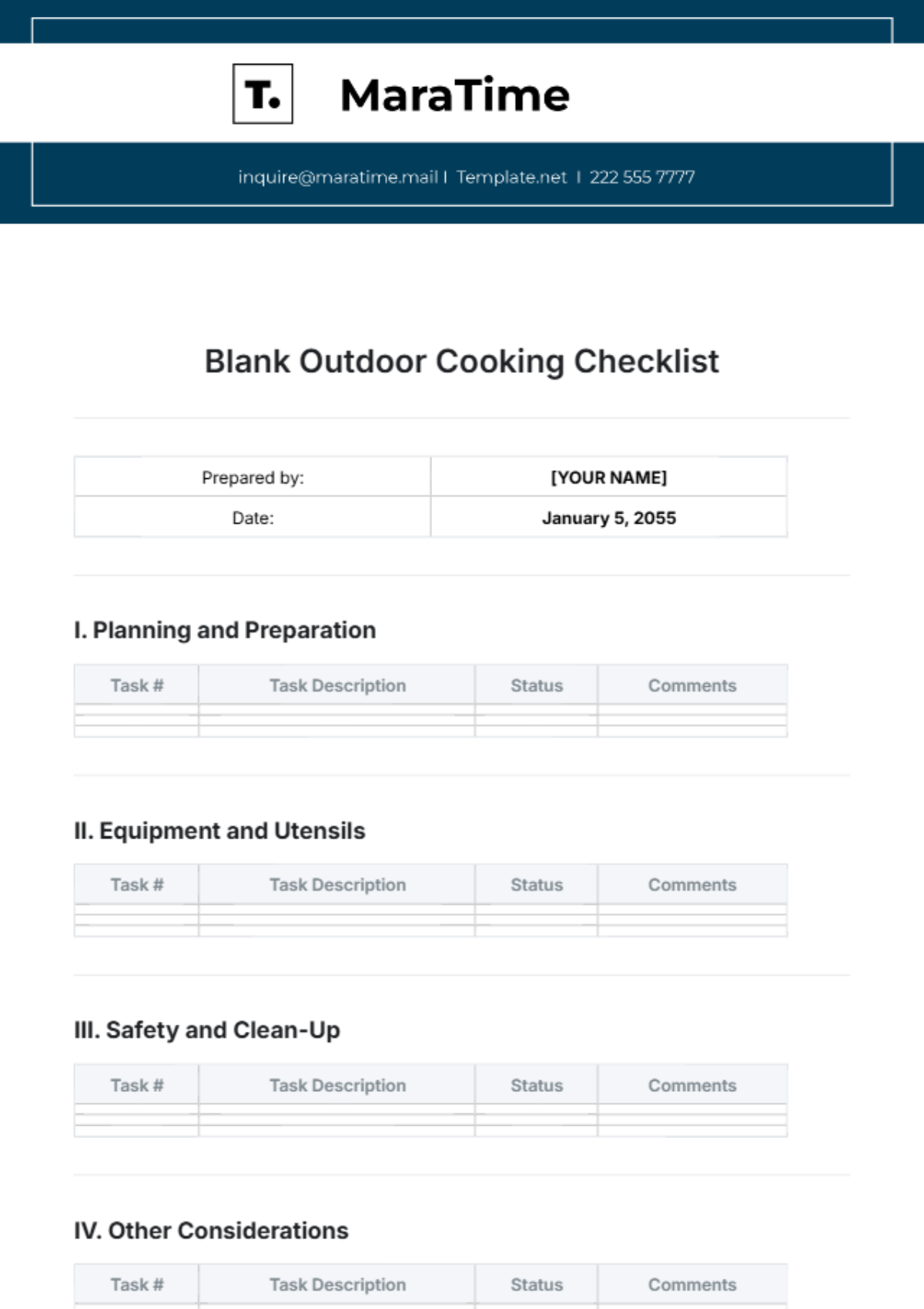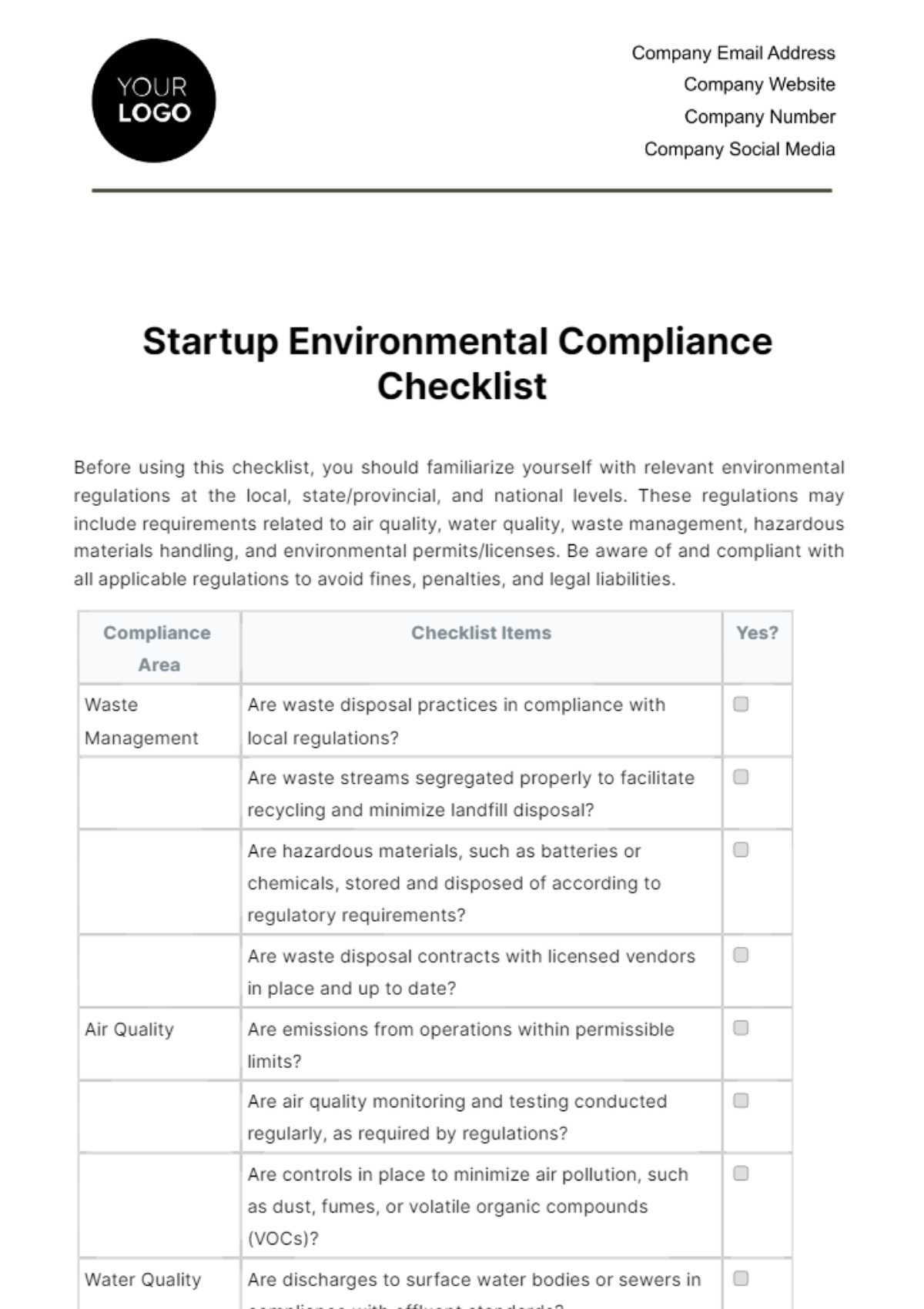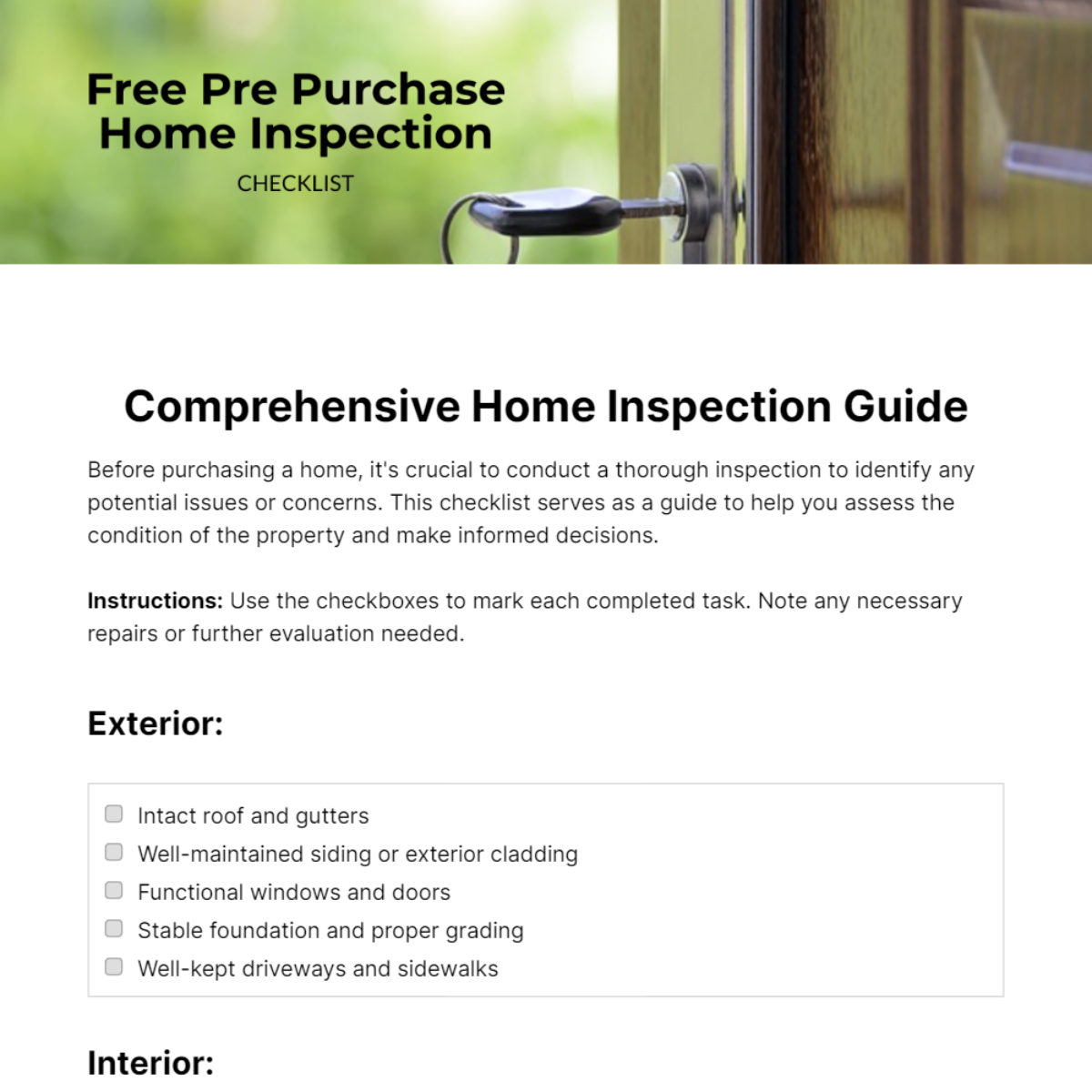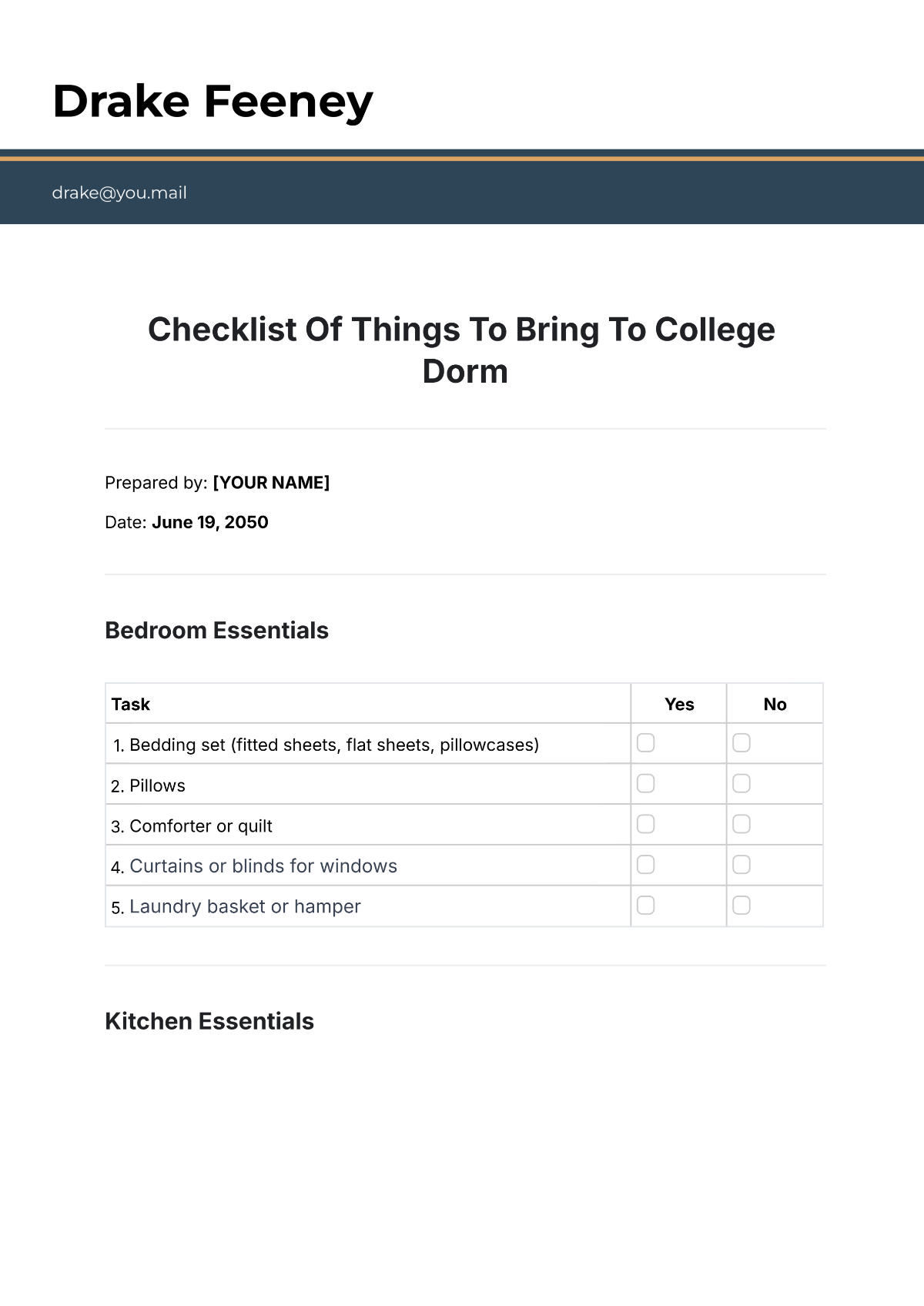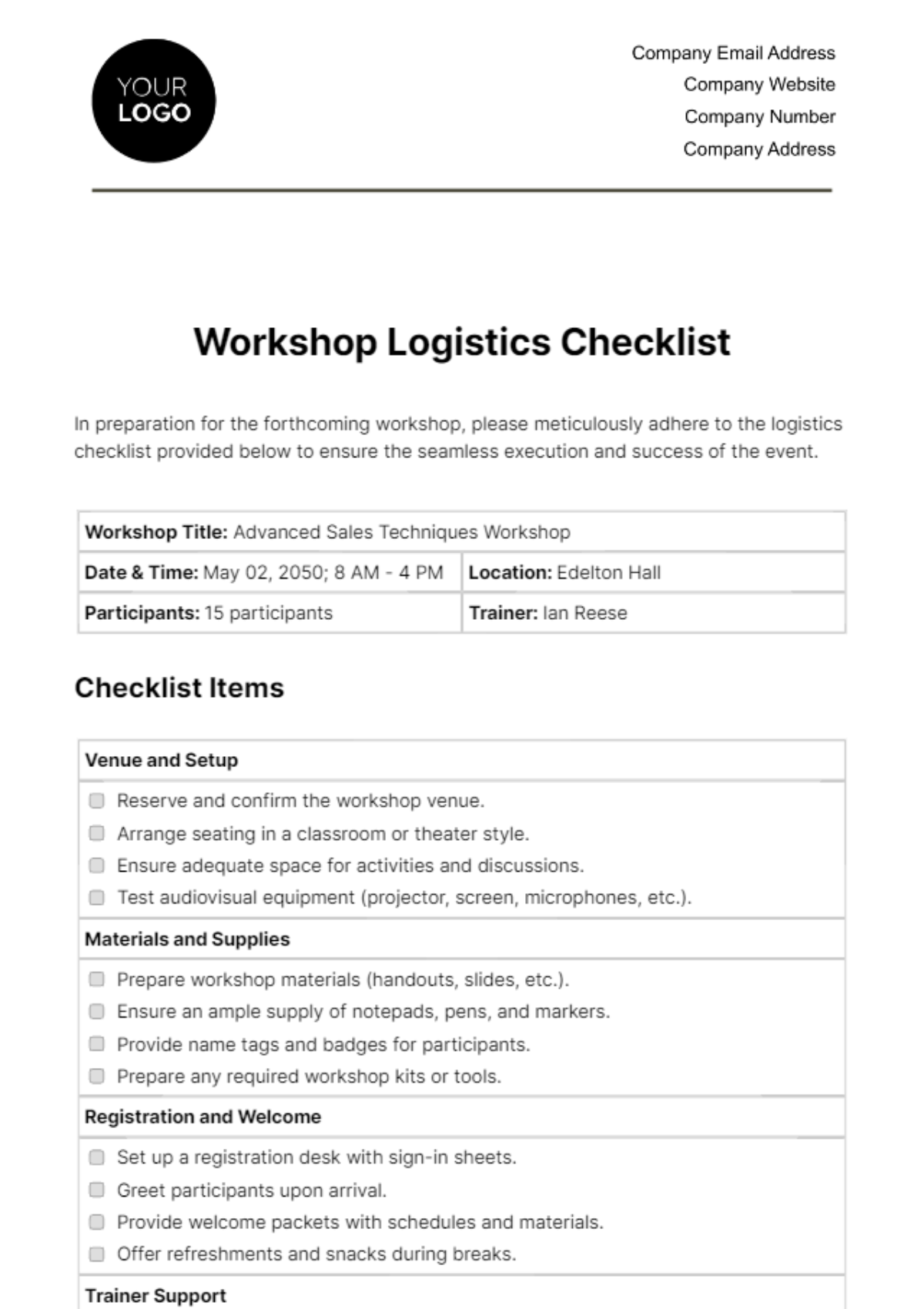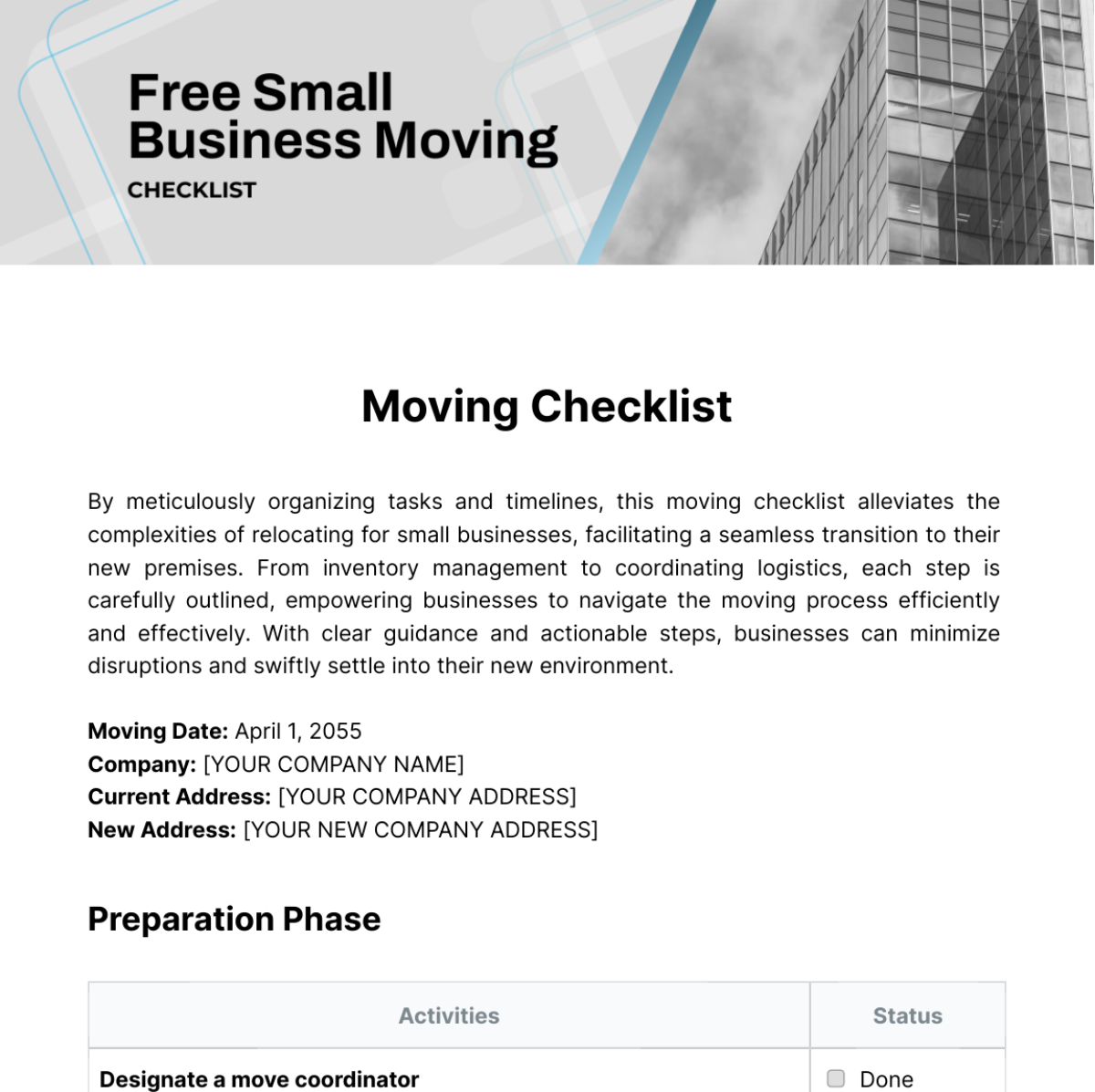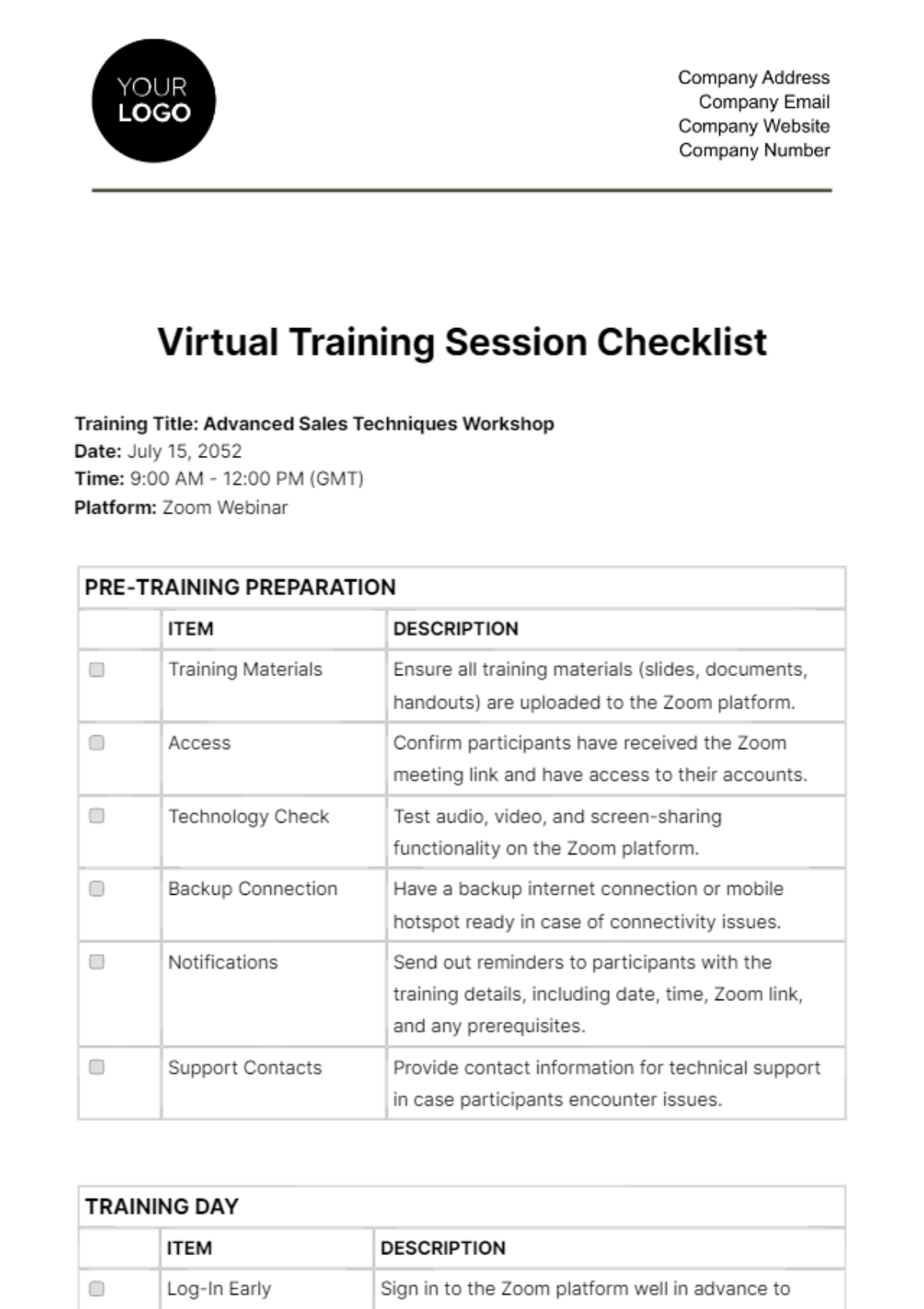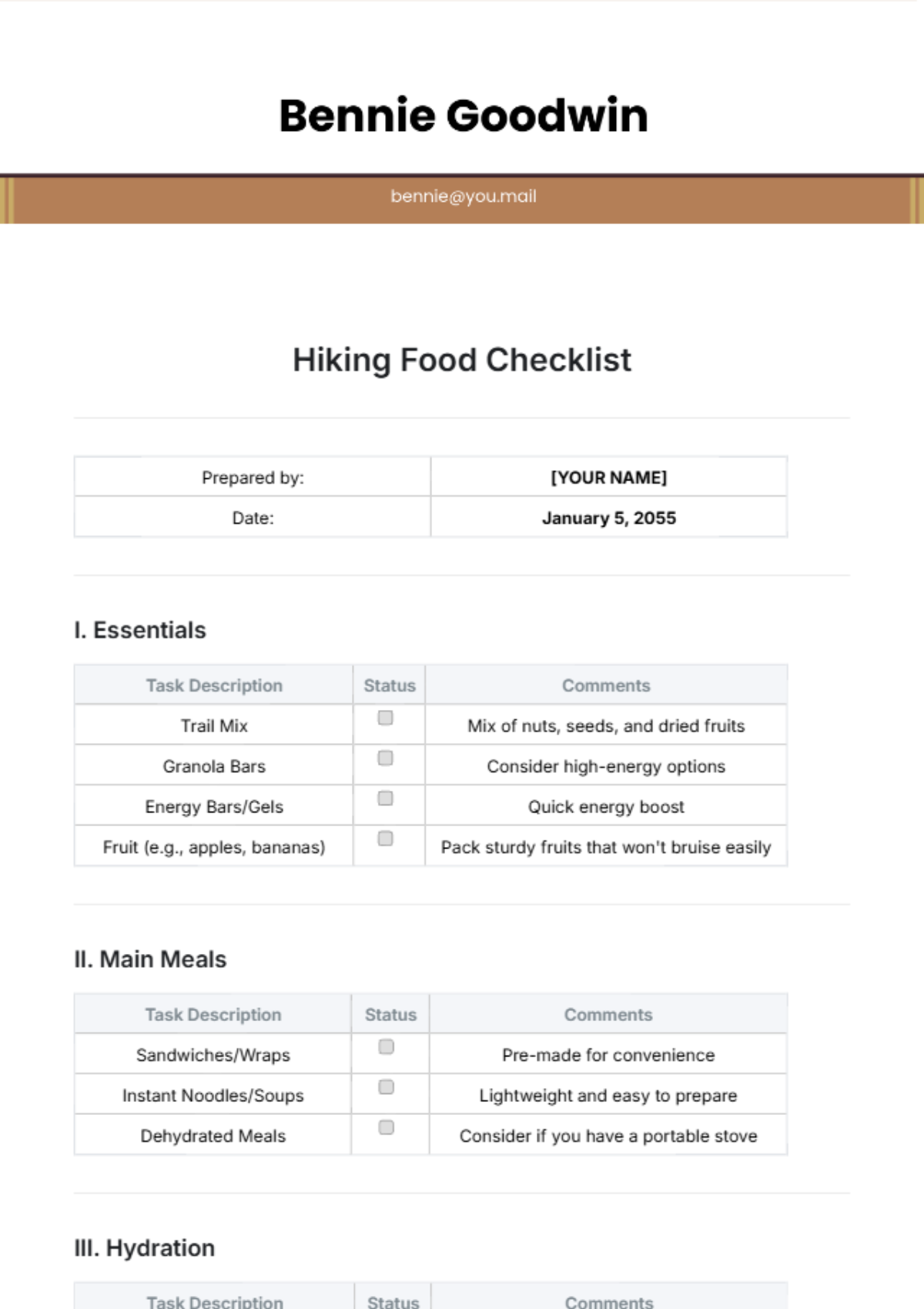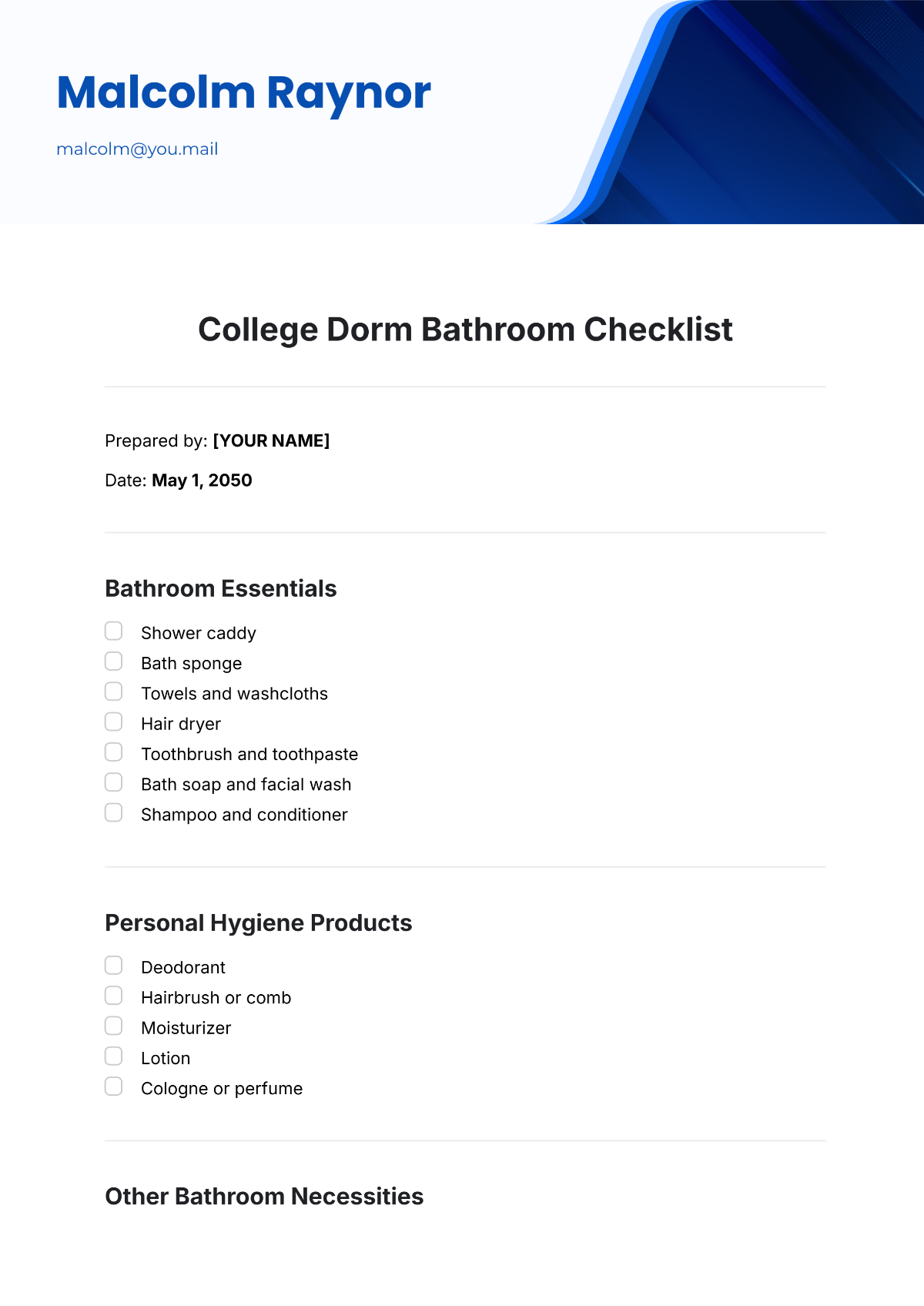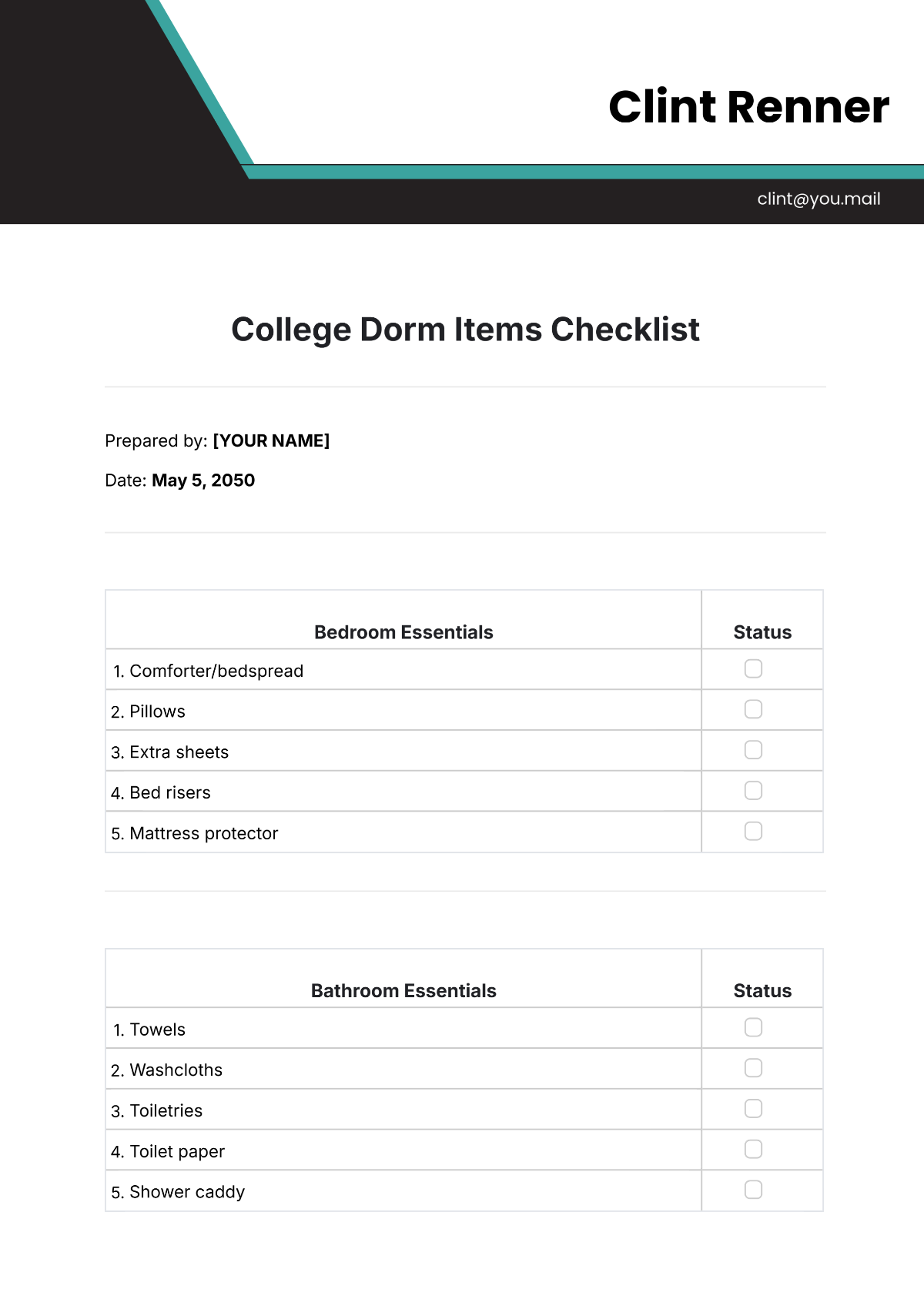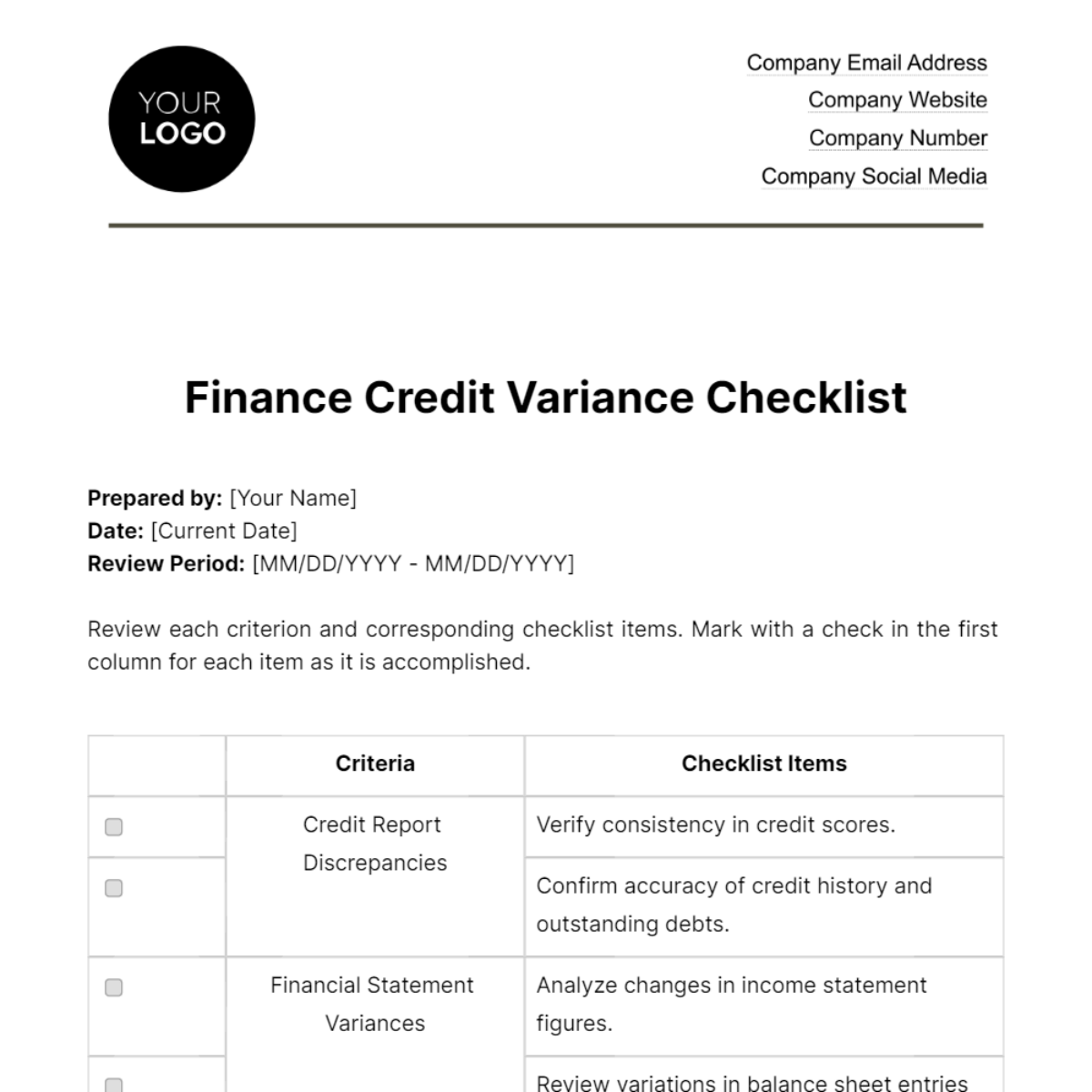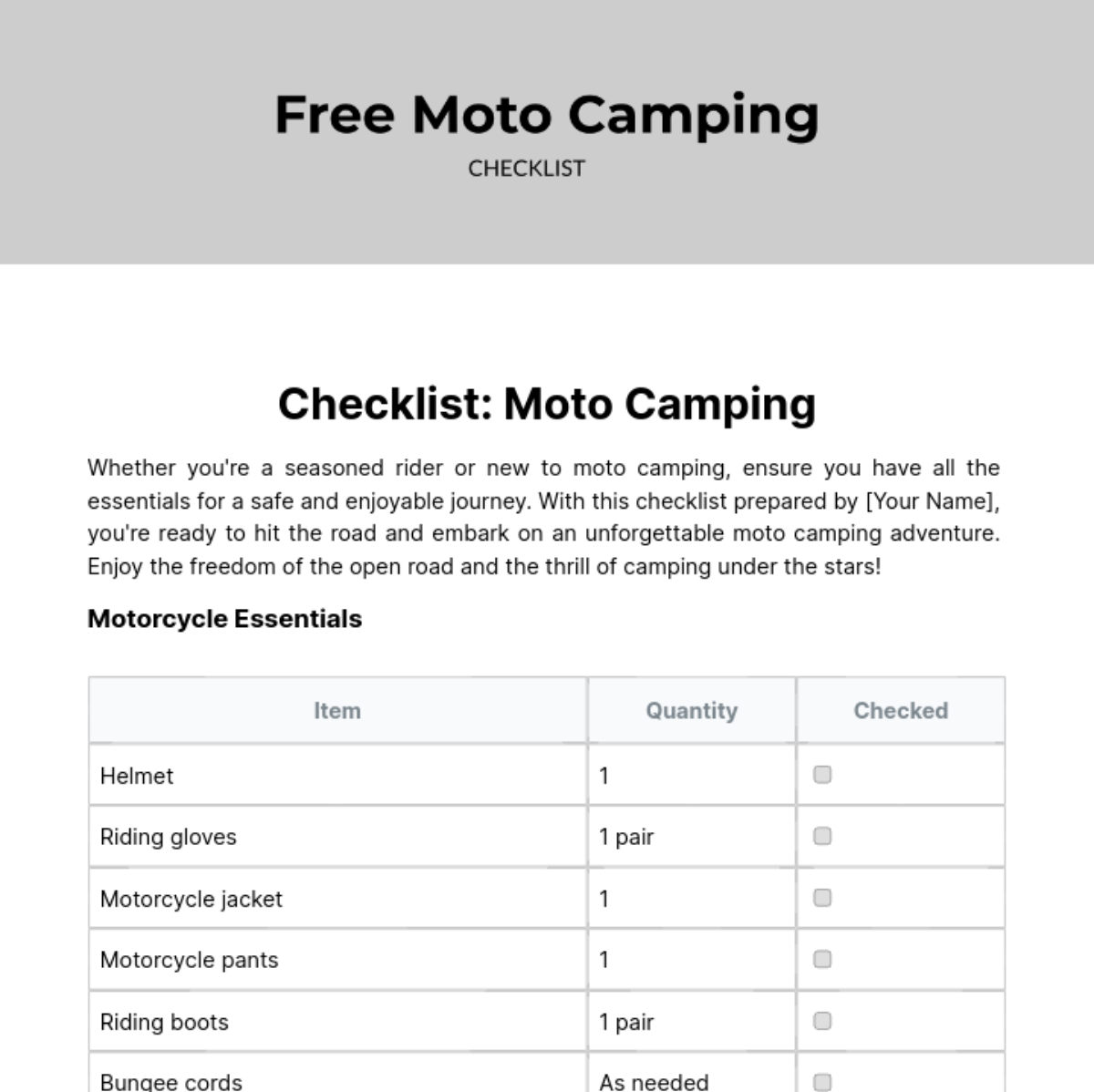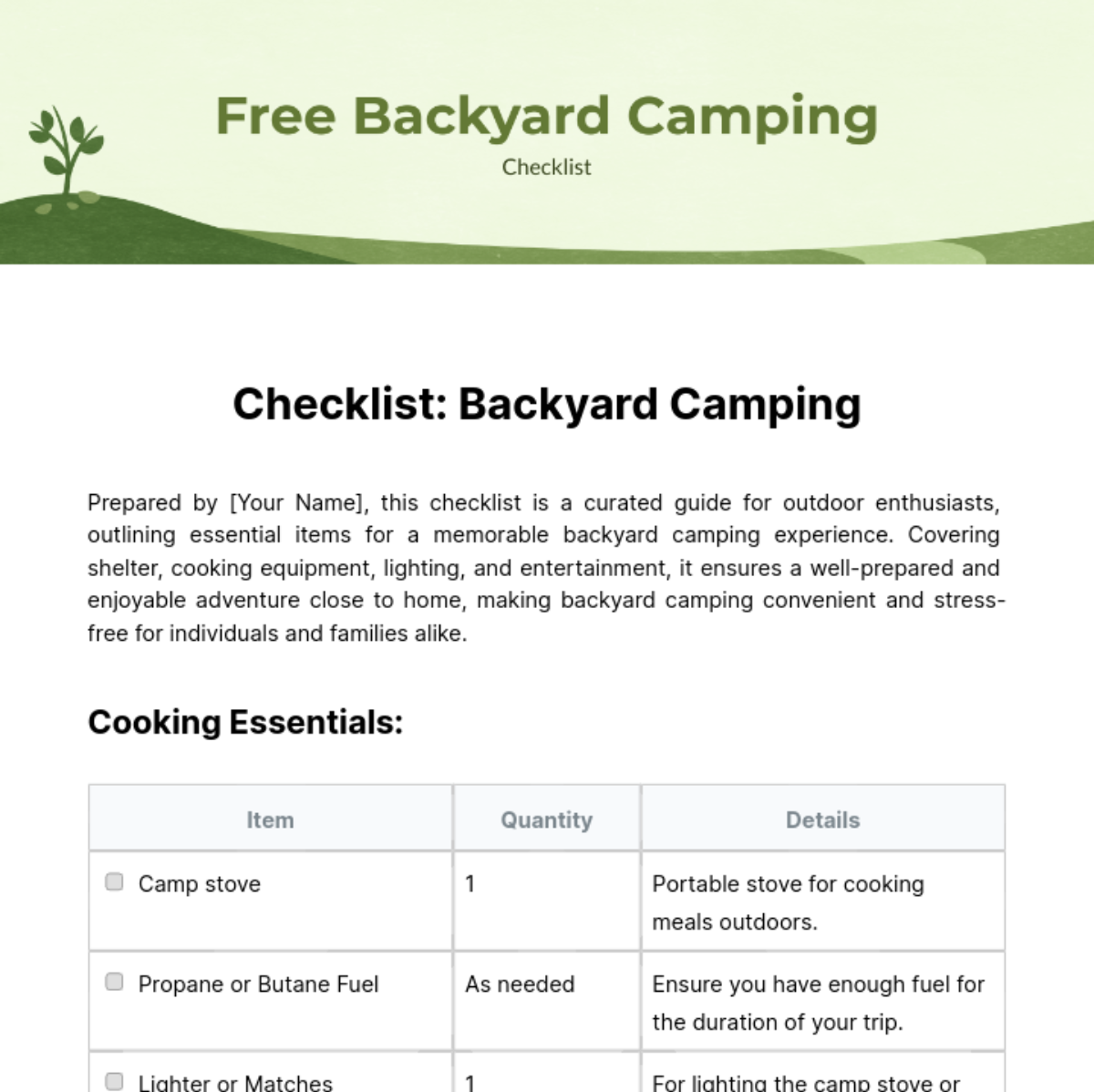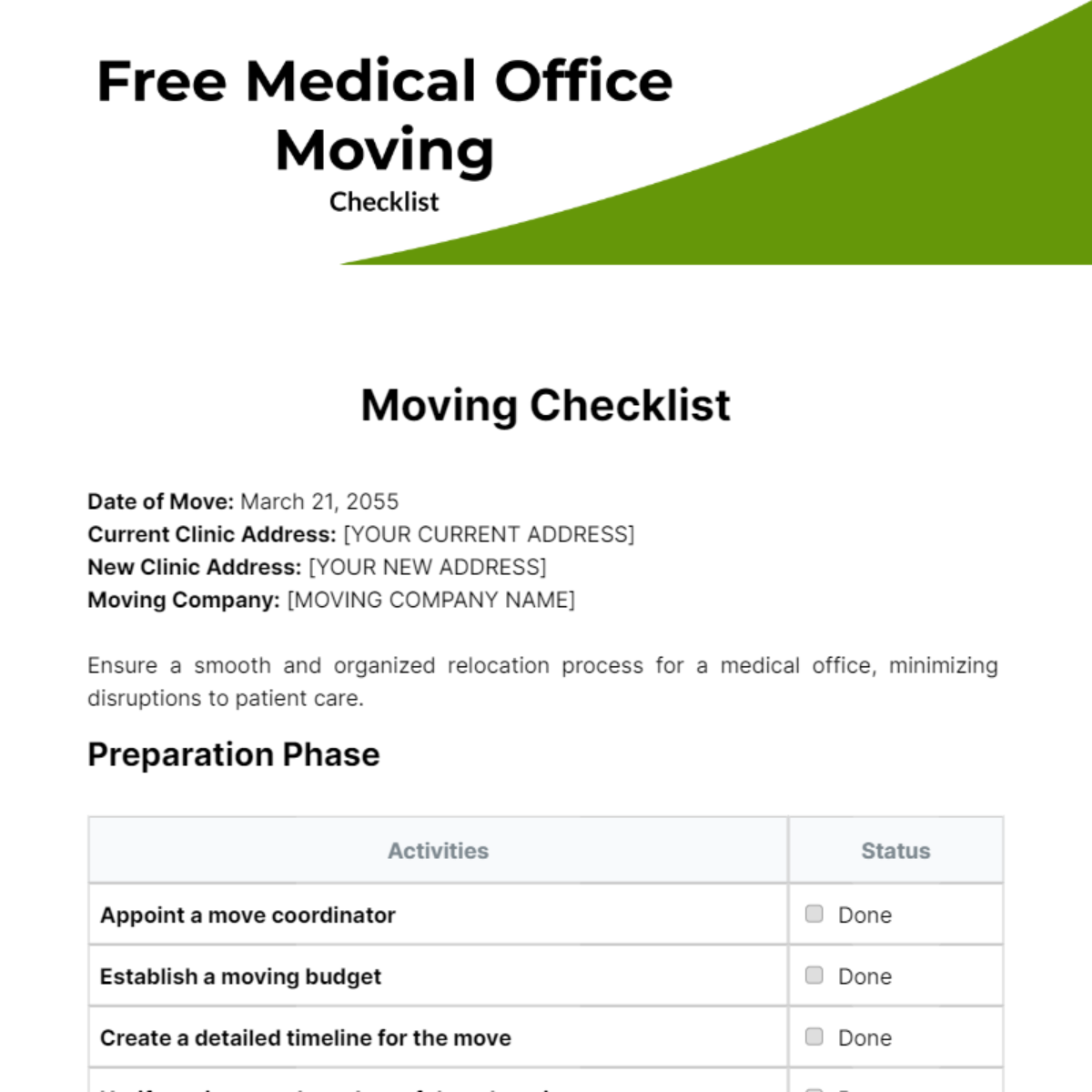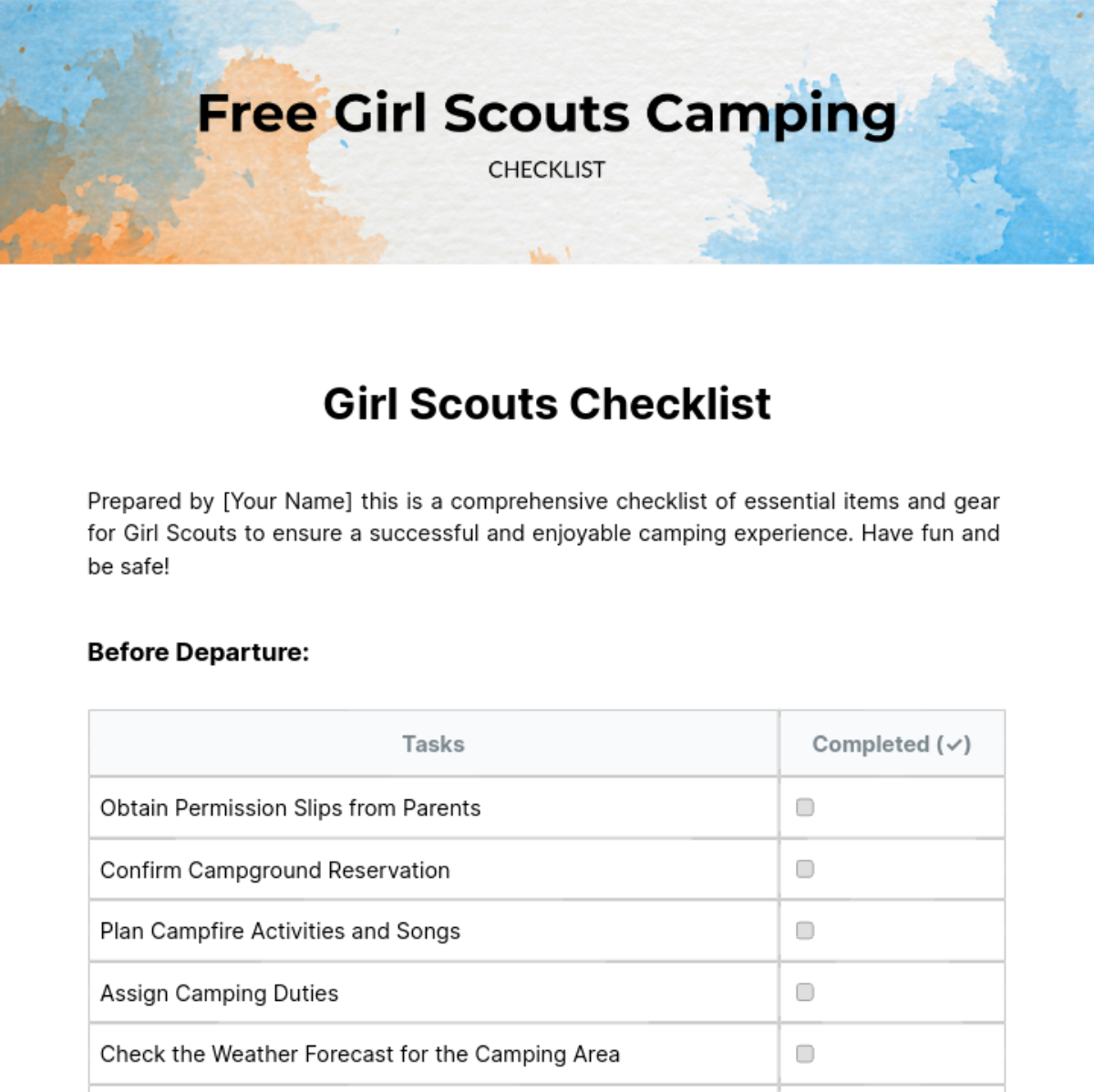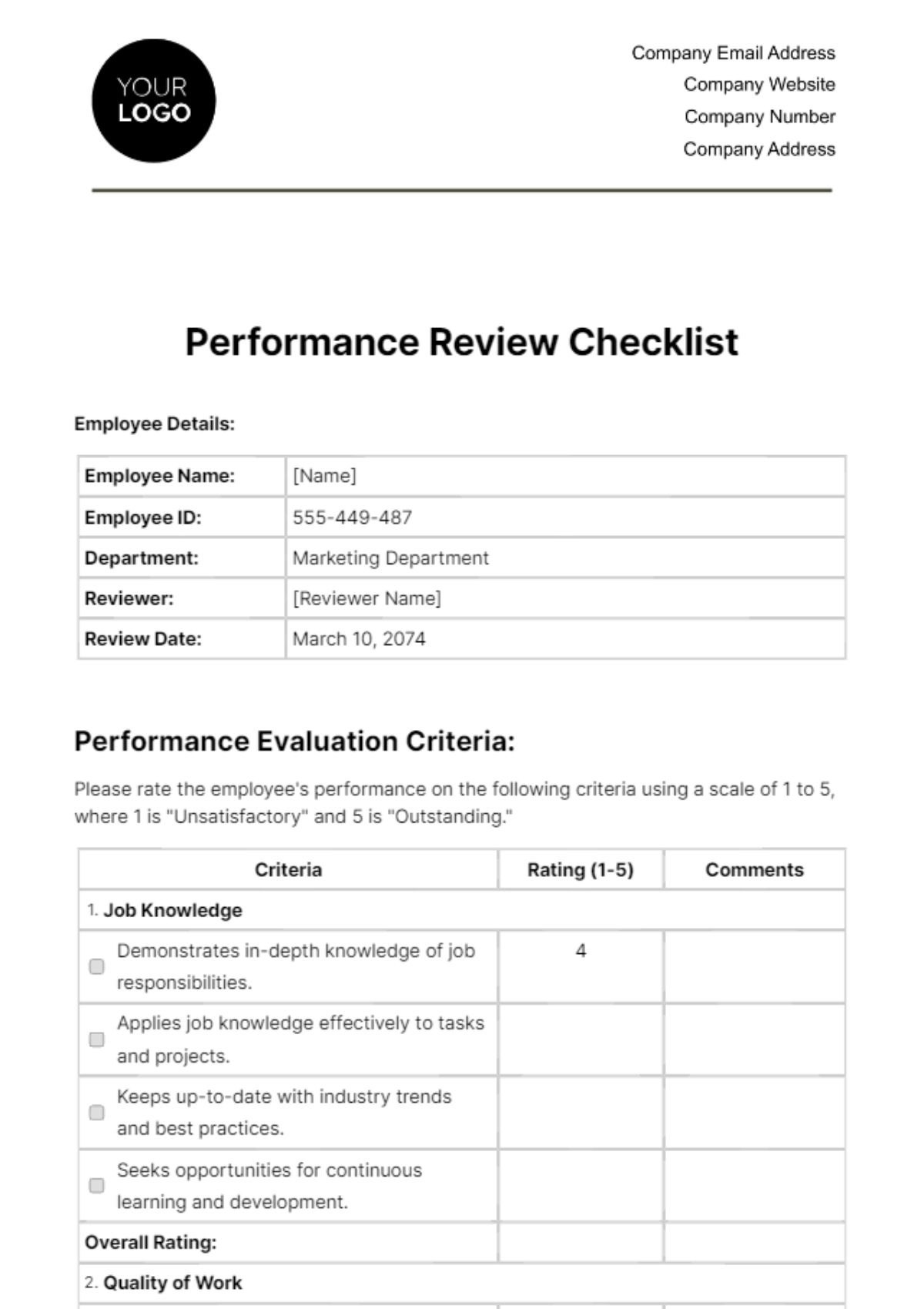Overtime Policy Checklist
Date: [Enter Date]
Overview: This Overtime Policy Checklist serves as a comprehensive guide to help organizations develop and implement an effective overtime policy. Overtime policies are essential for ensuring fair compensation and adherence to labor laws while managing employee work hours efficiently.
Policy Overview
Item | Description | Status |
1.1 | Policy Statement: Clear and concise statement outlining the company's stance on overtime work. | DONE |
1.2 | Purpose: Explain why the policy exists and its importance for the organization. | PENDING |
1.3 | Scope: Define which employees and positions are covered by the policy. | PENDING |
1.4 | Legal Compliance: Ensure the policy complies with federal, state, and local labor laws. | FOR REVISION |
Eligibility and Compensation
Item | Description | Status |
2.1 | Eligibility Criteria: Specify which employees are eligible for overtime and which are exempt, based on their job classification. | DONE |
2.2 | Overtime Rates: Clearly state how overtime pay is calculated (e.g., 1.5x regular pay, double pay) and when it applies (e.g., after 40 hours in a workweek). | DONE |
2.3 | Compensatory Time Off: Explain the company's policy regarding compensatory time off (comp time) if applicable. | DONE |
Overtime Authorization
Item | Description | Status |
3.1 | Approval Process: Outline the procedure for obtaining approval for overtime work, including the responsible authority. | DONE |
3.2 | Emergency Overtime: Describe how emergency overtime situations are handled. | DONE |
3.3 | Unapproved Overtime: Clarify the consequences for working unauthorized overtime. | PENDING |
Recordkeeping and Documentation
Item | Description | Status |
4.1 | Timekeeping: Explain how employees are expected to record their hours accurately, and the consequences of inaccurate time reporting. | DONE |
4.4 | Documentation: Specify the records to be maintained for overtime hours worked, including timecards, electronic records, or other documentation. | PENDING |
Overtime Scheduling and Rotation
Item | Description | Status |
5.1 | Scheduling: Detail how overtime assignments are scheduled, taking into account employee preferences, fairness, and operational needs. | DONE |
5.2 | Rotation: If applicable, describe any rotation policy for distributing overtime opportunities among eligible employees. | DONE |
Mandatory Overtime
Item | Description | Status |
6.1 | Conditions: Explain the circumstances under which employees may be required to work mandatory overtime, such as unexpected workload increases or emergencies. | PENDING |
6.2 | Notice: Outline the notice period provided to employees when mandatory overtime is required. | PENDING |
Overtime Payment and Reporting
Item | Description | Status |
7.1 | Payment Period: Specify when overtime pay will be included in employees' paychecks. | DONE |
7.2 | Reporting Procedures: Explain how employees should report overtime hours worked and any discrepancies. | DONE |
7.3 | Payroll Processing: Detail the process for payroll to calculate and distribute overtime pay. | PENDING |
Grievance and Dispute Resolution
Item | Description | Status |
8.1 | Grievance Procedure: Provide information on how employees can raise concerns or disputes related to overtime. | DONE |
8.2 | Resolution Process: Explain the steps taken to address and resolve overtime-related grievances. | PENDING |
Policy Review and Updates
Item | Description | Status |
9.1 | Review Frequency: Specify how often the overtime policy will be reviewed for updates and compliance. | DONE |
9.2 | Amendment Process: Describe the process for making changes to the policy and communicating them to employees. | FOR REVISION |
Employee Acknowledgment
Item | Description | Status |
10.1 | Acknowledgment: Indicate that employees are required to acknowledge that they have read and understood the overtime policy. | DONE |
10.2 | Documentation: Explain how and where employee acknowledgments will be stored. | PENDING |
An effective overtime policy is essential for maintaining fair labor practices and compliance with labor laws. Regularly reviewing and updating this policy in consultation with legal experts and HR professionals will help ensure its continued relevance and effectiveness within the [Your Company].
